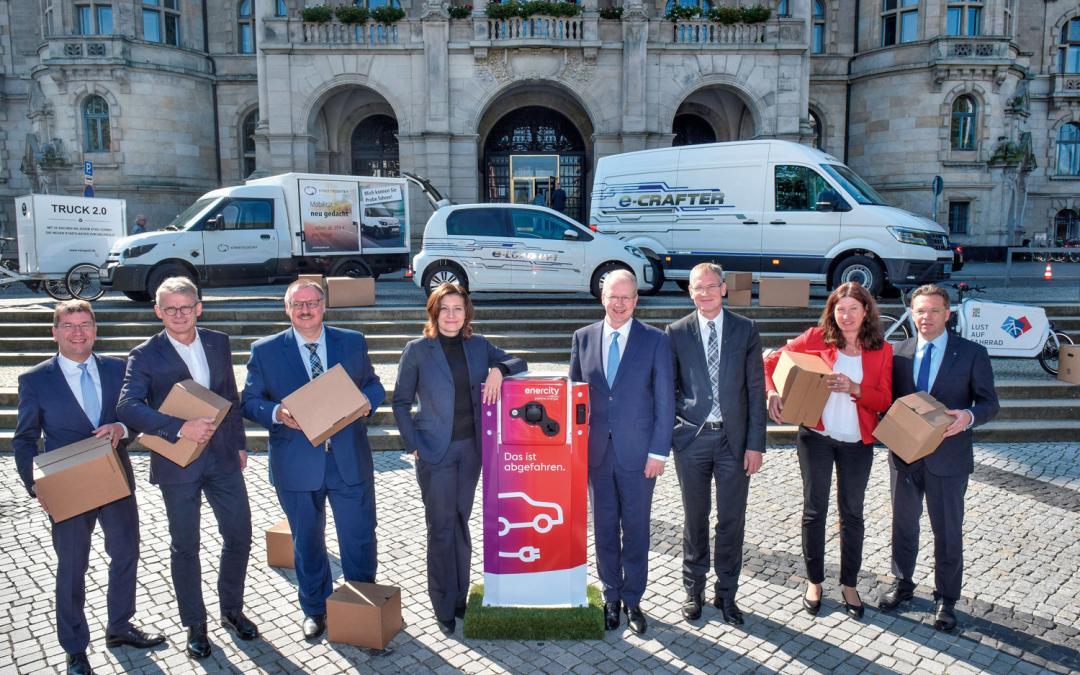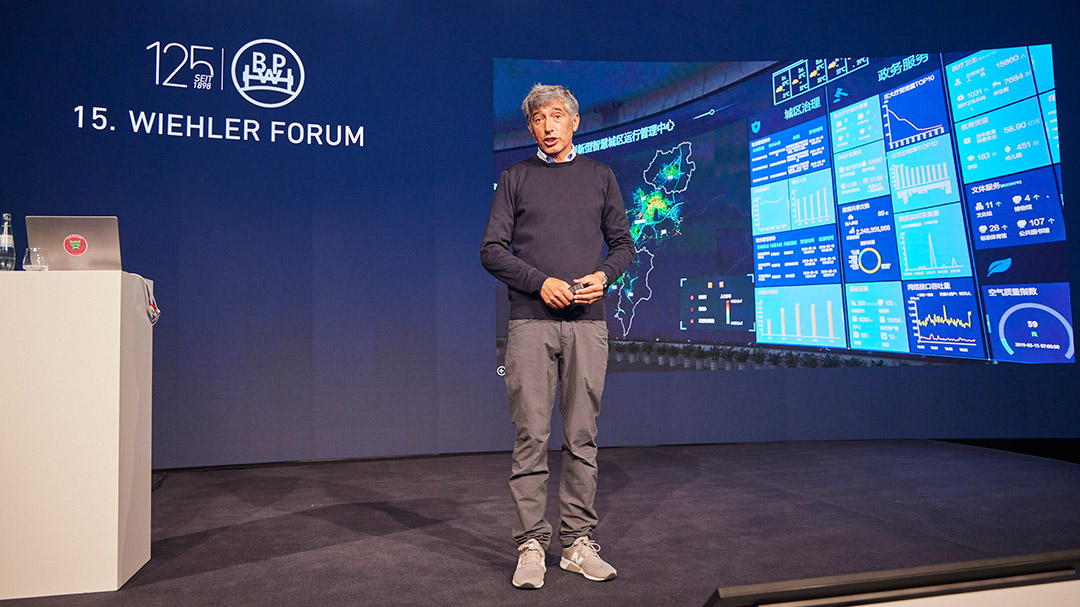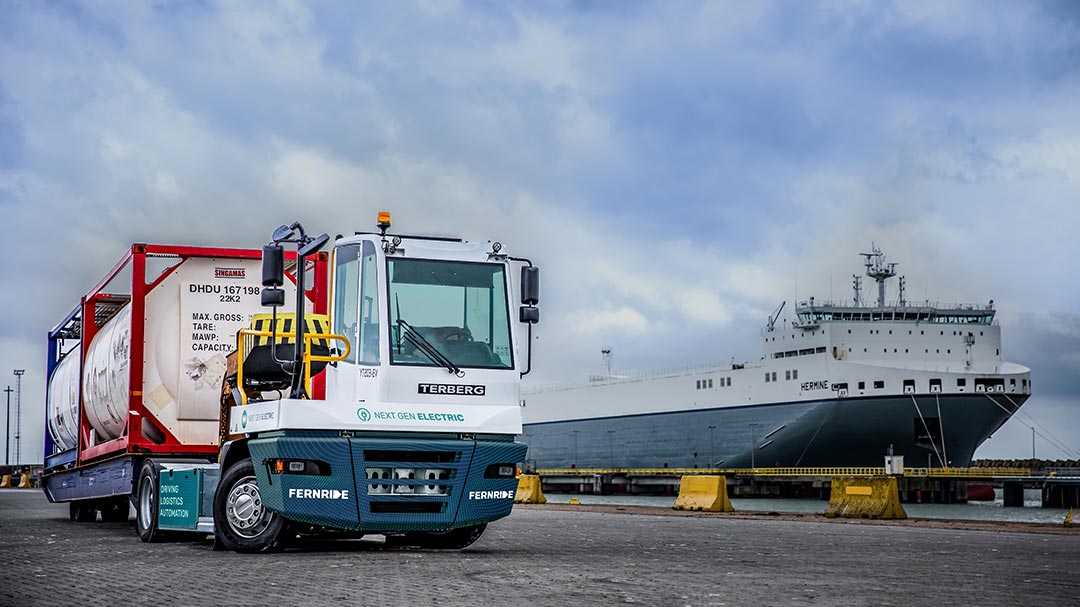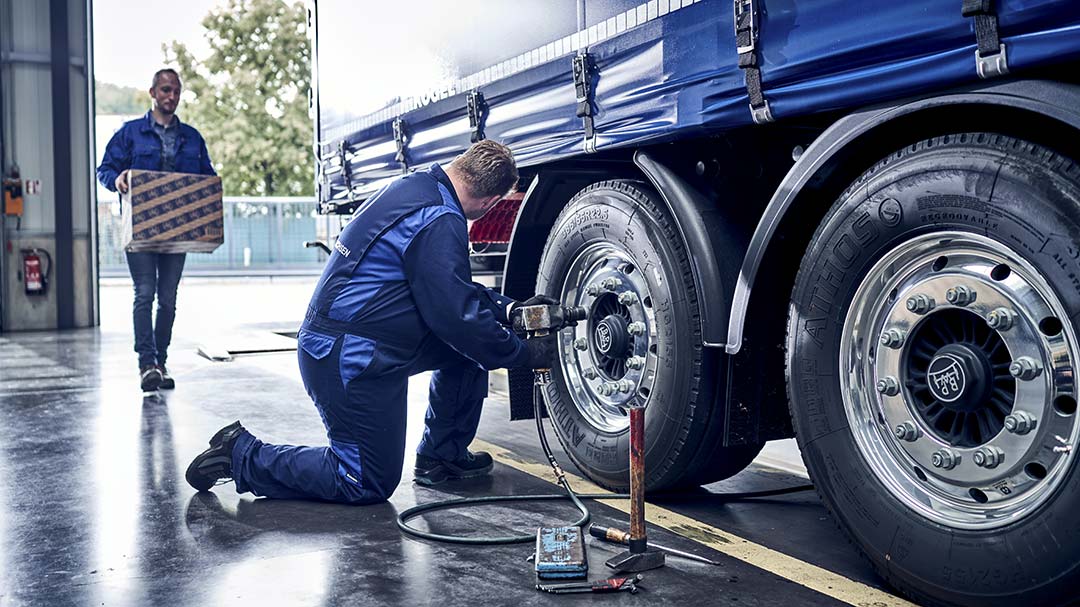Reading time approx. 3 minutes
Text: Juliane Gringer
Photos: VWN – Henning Scheffen, Pixabay
Hanover aims to investigate and test future-proof logistics concepts for urban areas in a project entitled “Urban logistics of the future”. Residents are closely involved in this undertaking.
Intelligent networking
Among the partners in the project’s steering group are not only the state capital and Volkswagen Commercial Vehicles, but also Deutsche Post DHL, Stadtwerke Hannover AG, Hanover University of Applied Sciences and Arts, Leibniz University of Hanover, and the state of Lower Saxony. Together, they have drafted a clear strategic schedule and defined four sub-projects to establish a research infrastructure and promote both research work and doctoral scholarships. Comprehensive data analysis also forms part of this endeavour. A system to record, evaluate and use environmental and traffic data will bring together figures that can be used to control traffic flows. The figures will then be examined to determine their relevance to urban delivery traffic. There will be pilot districts in which concrete logistics concepts will be developed and tested, known as “living labs”. And finally, communal and commercial e-mobility will be expanded.
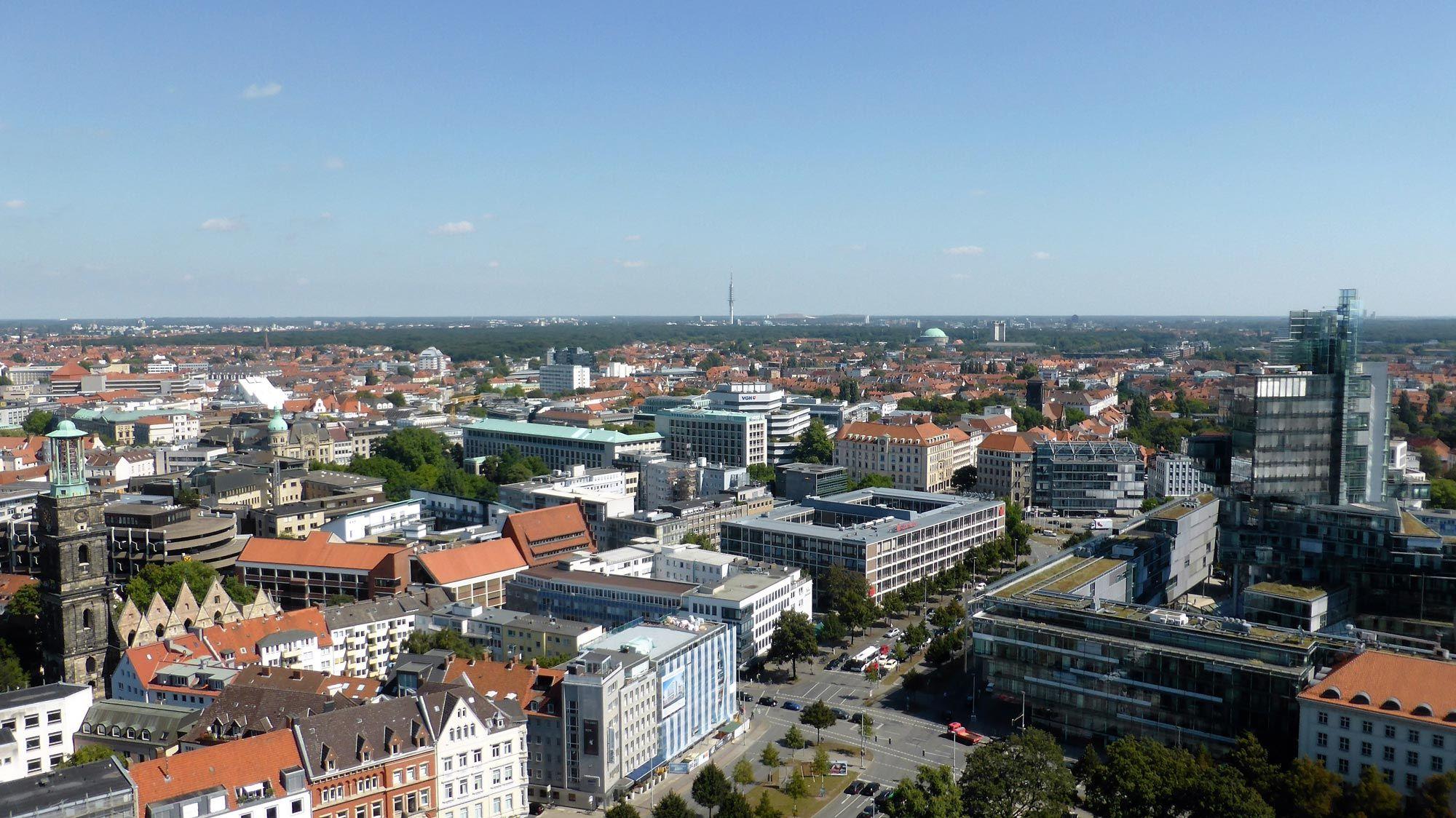
Benefits for everyone involved
This view is echoed by Rüdiger Prang of Volkswagen Commercial Vehicles who is the initiative’s second project manager, “Having partners with different points of view joining forces and all working towards a common goal is truly exceptional. We have been able to attract highly committed people to the project. There is a huge interest in this subject – it makes a difference, and it motivates us!” All players who currently bring logistics to the city or who take care of supply and disposal are looking for alternative vehicles and logistics concepts, explains the expert, “These are primarily hauliers who, of course, want to run their businesses successfully in the future as well. And that’s why they are extremely interested in learning about the concepts that have the best chance of being adopted.”
In dialogue with residents
The initiative is targeting another milestone in the context of the USEfUL research project, which is being supported by the federal government with funding of around two million euros. In the next three years, a web-enabled urban logistics tool will be created to allow different areas and concepts in the city to be simulated. It will support policymakers, businesspeople and administrators in their task of deciding on innovative logistics concepts. In consequence, the urban logistics project is providing valuable groundwork for other region too.

